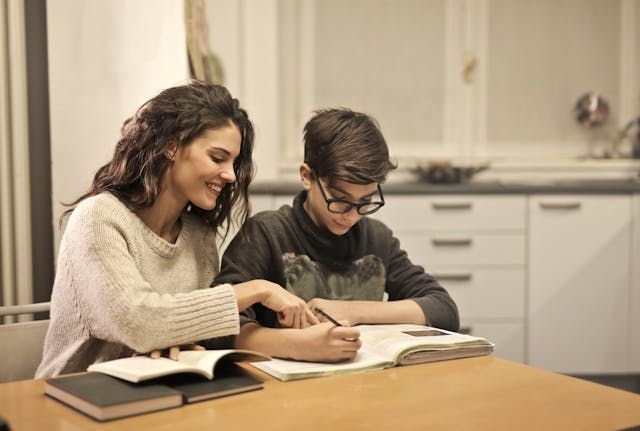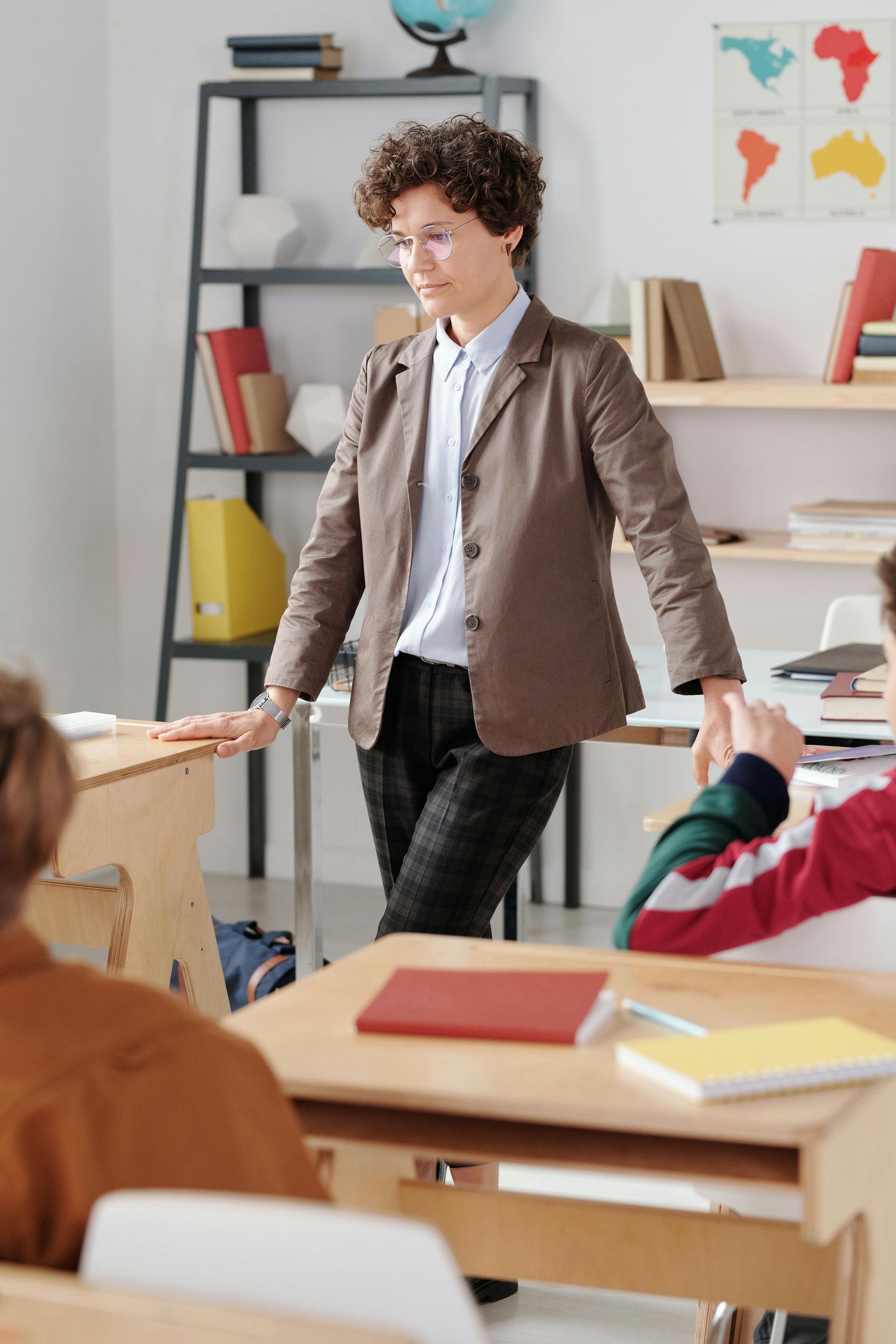The Secret Link Between Social Skills and Children’s Success
When we think about kids growing up, we often picture ABCs, math facts, or songs they sing on repeat. But here’s the thing—there’s another skill just as big: social skills. These are the tools kids use to make friends, share, and read a situation. They don’t just matter on the playground. Social skills shape all of children’s development, from confidence to school success to future jobs.
Key Takeaways
- Social skills help kids manage feelings and build confidence.
- Early social play shapes brain growth and learning.
- Strong social skills lead to better grades and teamwork.
- Kids with social skills handle stress and solve problems better.
- Empathy and kindness create lasting friendships.
👉 Want simple ways to boost your child’s social skills? Check out Simple Tips on How to Help Your Child Make Friends
I'm North Carolina school assembly presenter Joe Romano. In my travels performing school assemblies in Southport, Wilmington, Brunswick County, Raleigh, and other parts of NC, I've noticed how important social skills are for developing children.
Building the Emotional Foundation
Social skills are more than making buddies. They help kids understand and manage feelings from the start. This is a huge part of children’s development.
Recognizing and Expressing Emotions
A child who says, “I’m sad,” instead of crying is ahead of the game. They’ve learned how to name a feeling. That skill comes from watching others, hearing words, and trying them out. Every time kids practice, their brains build stronger “feeling pathways.”
Handling Frustrations and Conflicts
Think of a playground fight over the swing. Kids with social skills can talk, share, or walk away instead of melting down. They learn to read the room and use words, not fists. These skills stick with them—on the playground, in the classroom, and later in life.
Boosting Self-Esteem Through Connection
A smile or a nod from a friend feels like gold to a child. Those small wins boost confidence. They remind kids they belong. And when kids feel they belong, they take more risks, try harder, and bounce back faster.
👉 For more ways to help your child build social confidence, read Simple Tips on How to Help Your Child Make Friends
Brain Development and Cognitive Growth
Strong social skills don’t just shape friendships. They shape the brain. Every time kids play together, share, or tell stories, their brains light up. These moments fuel children’s development in memory, focus, and problem-solving.
Role of Social Interaction in Neural Wiring
Think of the brain like a web of roads. Social play builds and strengthens those roads. When kids pretend, make rules for a game, or solve small conflicts, their brains get a powerful workout no book can match.
Learning Through Observation and Imitation
Kids are little copycats. They watch how adults laugh, share, or solve problems. Then they try it themselves. Step by step, they pick up social norms and ways to think through challenges. These building blocks set the stage for bigger learning later on.
Impact on Academic Success
You might not link social skills with grades. But the truth is, kids who can talk, listen, and work with others do better in school. Social growth is tied directly to children’s development in academics.
Communication Encourages Participation
A child who raises their hand to ask a question gets answers. A child who shares an idea learns faster. Social confidence turns kids into active learners instead of quiet observers.
Teamwork and Problem Solving in School
Group projects can be messy. But kids with social skills know how to listen, share ideas, and take turns. They shine in teamwork. They also adapt, solve problems, and pick up new strategies from classmates—all of which lead to stronger learning.
Developing Resilience and Stress Management
Life isn’t always smooth. But kids with strong social skills handle stress better. These tools are a key part of children’s development and make growing up a little easier.
The Comfort of Connection
When kids have friends or trusted adults, tough times feel lighter. Support makes challenges feel like a drizzle, not a storm. Strong connections give kids courage to face hard days.
Learning Healthy Coping Strategies
Kids who watch and practice social skills learn ways to cool down. They may count to ten, breathe slowly, or talk it out instead of lashing out. These small habits build lifelong resilience.
Fostering Empathy and Long-Lasting Relationships
At the heart of social skills is empathy—seeing the world through another person’s eyes. This ability is one of the strongest parts of children’s development.
Seeing the World Through Others’ Eyes
Kids who notice moods—like a sad friend or a cranky sibling—build deeper connections. They learn how small actions, like kind words or a quiet gesture, can change someone’s day.
Building Friendships That Last
Childhood friendships are more than play. They teach trust, teamwork, and loyalty. Kids who practice social skills form bonds that last into adulthood.
Shaping Future Social Norms
Empathy in childhood spreads outward. These kids grow into adults who create caring families, workplaces, and communities. Social lessons learned young ripple through a lifetime.
Conclusion
Social skills are like invisible strings tying every part of children’s development together. They guide feelings, friendships, schoolwork, and even future success.
When kids learn to share, listen, and show empathy, life gets easier. They bounce back from stress, build strong friendships, and shine in the classroom. I’ve seen it myself—teaching social skills can transform a child’s confidence almost overnight.
Want simple ways to start building these skills? Read Simple Tips on How to Help Your Child Make Friends
SHARE POST



